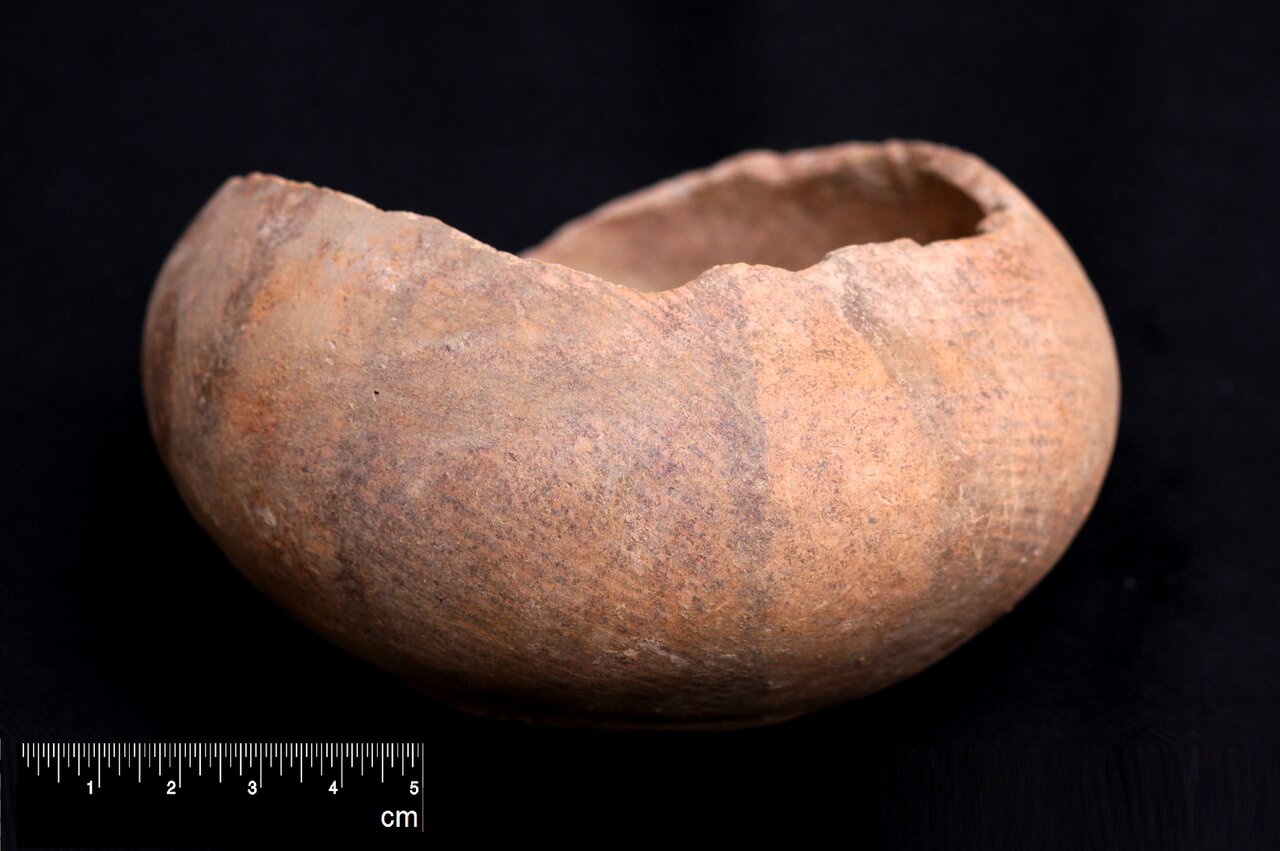Paleolithic objects discovered in cave northern Iran

TEHRAN—Archaeologists have found arrays of relics and deposits from a cave situated in northern Iran. The findings are estimated to date from the Paleolithic era.
The discovery is said to throw new light on people believed to be the earliest human beings living in the Mazandaran region, which is bounded by the Caspian Sea, ILNA quoted Iranian archaeologist Hossein Ramezanpur as saying on Wednesday.
More than 70 years have passed since the first Paleolithic-oriented archeological research was carried out in Mazandaran and it is the first time since then that Paleolithic human remains have been obtained in this region, Ramezanpur, who has led the recent survey, explained.
He said the discovered remains include a kind of engraved pottery, which in terms of style and form is comparable to the Flint culture.
These findings are very important because the southern corridor of the Caspian Sea was in the path of different human species from Eurasia to Central Asia, the archaeologist said.

Sandwiched between the towering Alborz mountain range and the Caspian Sea, Mazandaran has a rich yet turbulent history. An early civilization flourished at the beginning of the first millennium BC in Mazandaran (Tabarestan).
Its insecure eastern and southeastern borders were crossed by Mongol invaders in the 13th and 14th centuries. Cossacks attacked the region in 1668 but were repulsed. It was ceded to the Russian Empire by a treaty in 1723, but the Russians were never secure in their occupation. The area was restored to Iran under the Qajar dynasty.
AFM
